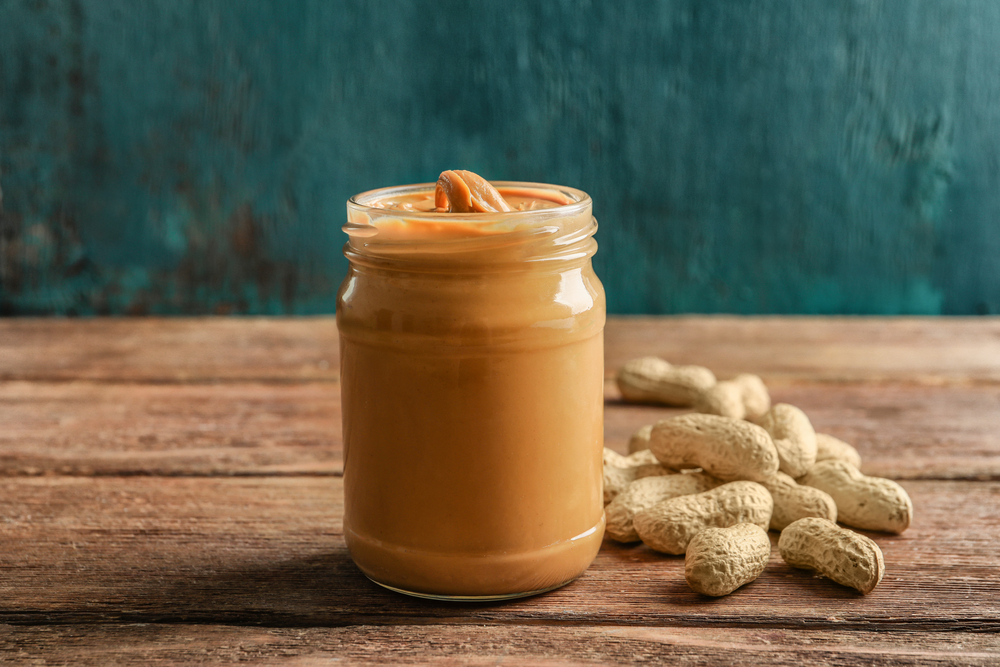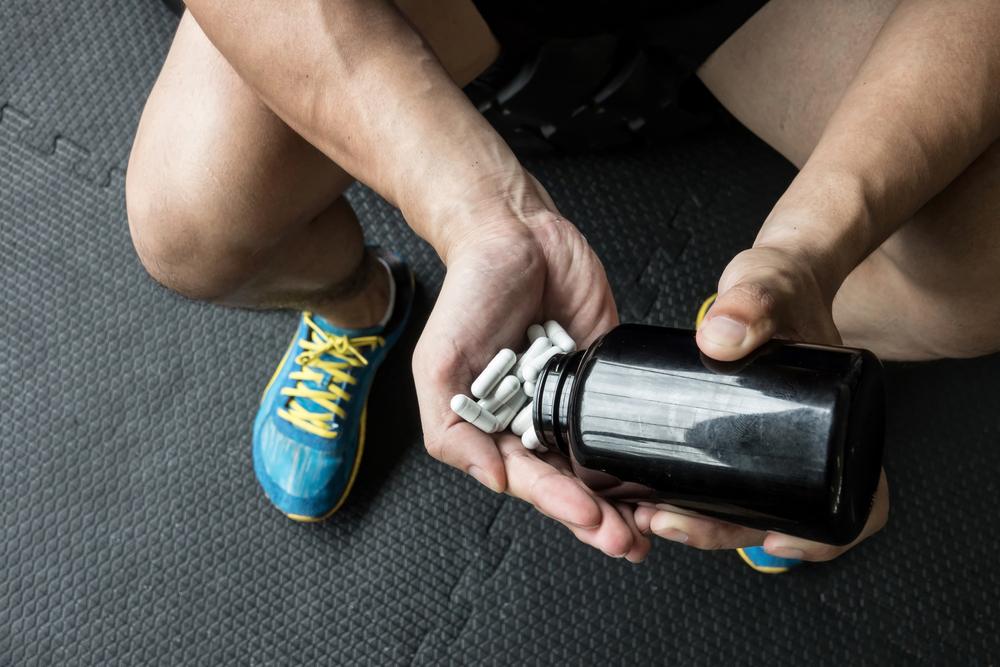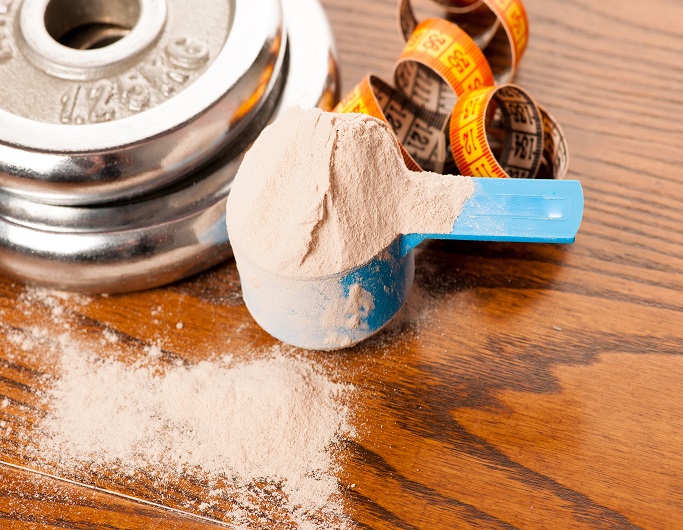
Peanut Butter: A Versatile Snack
Peanut butter is a nut butter spread made from ground up dry roasted peanuts. Peanut butter is tasty, inexpensive, satisfying and even good for our health however people often avoid peanut butter because of an assumed high fat content. In reality, peanut butter has an incredibly versatile nutritional profile and is popular with people looking to lose fat. Peanut butter is widely considered to be one of nature’s best sources of protein, carbs and healthy fats. Hopefully here I can explain why peanut butter can be a healthy addition to your diet.
Peanut Butter and Weight Loss
 Calling peanut butter a diet food, with 180 to 210 calories per serving, may seem strange, but it has the enviable combination of fiber (around 2g per 30g serving) and protein (around 8g per 30g serving). nutrient dense nature, mean as little as one teaspoon can help curb cravings and keep you fuller for longer, which scientists believe helps you eat less overall. Plus, there’s nothing more indulgent than licking peanut butter off a spoon and indulgence (in moderation) helps dieters fight cravings and stay on track. TPW Peanut Butter has a high content of heart healthy mono and polyunsaturated fats that have been shown to help with everything from cardiovascular health to fat loss.
Calling peanut butter a diet food, with 180 to 210 calories per serving, may seem strange, but it has the enviable combination of fiber (around 2g per 30g serving) and protein (around 8g per 30g serving). nutrient dense nature, mean as little as one teaspoon can help curb cravings and keep you fuller for longer, which scientists believe helps you eat less overall. Plus, there’s nothing more indulgent than licking peanut butter off a spoon and indulgence (in moderation) helps dieters fight cravings and stay on track. TPW Peanut Butter has a high content of heart healthy mono and polyunsaturated fats that have been shown to help with everything from cardiovascular health to fat loss.
Peanut Butter Nutrient Content
A serving of peanut butter has 3 mg of the powerful antioxidant vitamin E, 49 mg of bone-building magnesium, 208 mg of muscle-friendly potassium, and 0.17 mg of immunity-boosting vitamin B6. Research shows that eating peanuts can decrease your risk of heart disease and diabetes. It was shown that consuming 1 ounce peanut butter (about 2 tablespoons) at least 5 days a week may lower the risk of developing diabetes by almost 30%. TPW Peanut Butter is so calorie and nutrient dense, it’s considered by many to be the healthiest and most effective way to achieve this calorie surplus, rather than trying to create a calorie surplus through junk food.
Peanut Butter Healthy Fats
Don’t be put off by peanut butter’s high fat content; most of its fats are the heart healthy mono and polyunsaturated fats, which lower “bad” LDL cholesterol levels and raise “good” HDL cholesterol levels respectively. The synergy of both these types of fat in peanut butter makes it a good food choice for regulating your cholesterol at a healthy level.
Peanut Butter Protein Content
Two tablespoons pack in 7 grams of protein. This is why peanut butter on toast makes for a great breakfast or mid morning meal choice. As a protein-rich food, when you eat peanut butter you feel fuller for longer. Additionally the protein is also good for building and repairing muscles, which is especially important for those training regularly.






No Comments yet!